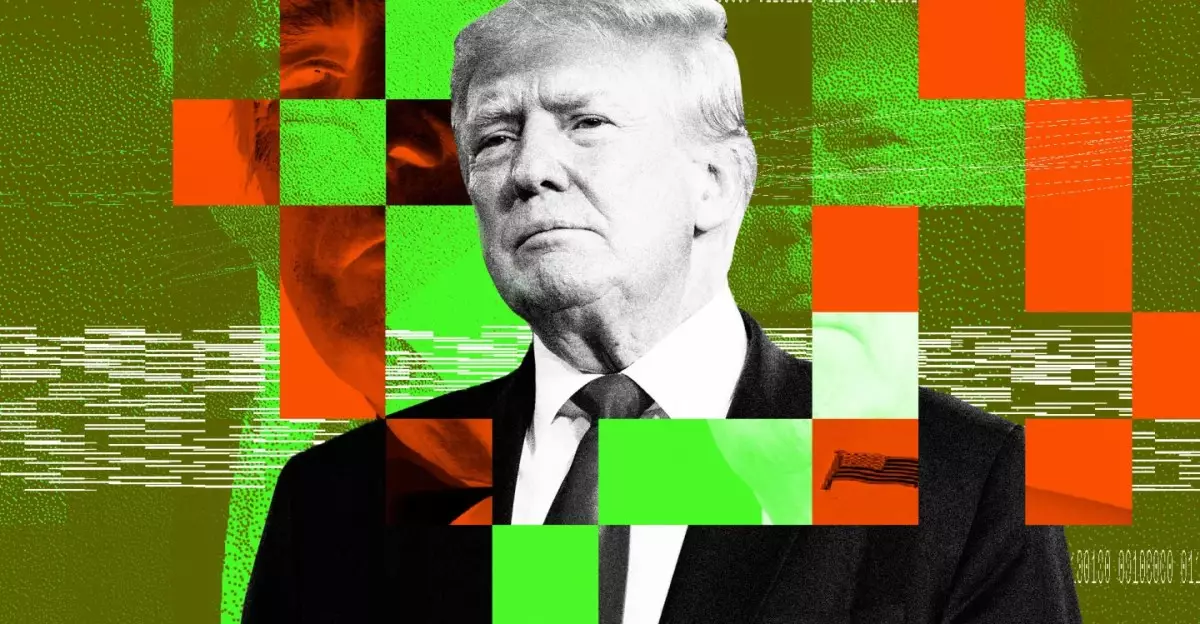The recent decision by the State Department to suspend student visa interviews has left many hopeful scholars in a precarious state of uncertainty. The ramifications are far-reaching, impacting not only individuals who dream of studying in the United States but also the broader academic landscape. With the halt in processing student visas, we must address the alarming actions of the government that not only obstruct educational opportunities but also infringe on students’ rights.
Legal Challenges Amid Carnage
In an illuminating twist, fifteen Iranian students and researchers have taken a stand against this bureaucratic overreach by filing a lawsuit against the Trump administration. Their legal battle is centered around the claim that the suspension violates the Administrative Procedures Act, which is designed to prevent arbitrary decision-making by government bodies. Interestingly, this lawsuit sheds light on the morally questionable basis for such governmental control—the assertion that the vetting process could serve to align new students’ political beliefs with those currently in power. This raises a larger question: does education become a political tool when access is granted based on nothing more than ideology?
Support for Aspiring Scholars
The plaintiffs in this case, admitted to prestigious institutions like Yale and Ohio State, represent a melting pot of intelligence and ambition. Their rigorous academic pursuits, ranging from computer science to finance, could enhance innovation and advancement in a myriad of fields. It is not only distressing to consider that their futures hinge on politically motivated decisions but also disheartening to realize that many of them were already subjected to interviews, only to find their fates dangling by the thread of national security vetting. This creates a glaring barrier to education, particularly for those from certain countries facing excessive scrutiny.
A Broader Context of Fear and Control
The current administration’s actions extend beyond mere student visa suspensions. They encapsulate a systematic approach to inhibiting academic freedom and fostering a culture of fear. Actions by Secretary of State Marco Rubio indicate a focus on curtailing the freedoms of international students based on national origin or perceived political affiliations. The move to revoke visas of students with ties to specific countries, such as China, raises questions about fairness and selective targeting. It becomes evident that this isn’t just about educational policies; it’s about crafting an environment where dissent and diversity in thought are stifled.
A Dark Side to Vetting
Moreover, the push for extensive social media vetting is troubling. The fact that visa applicants must disclose their social media accounts introduces an unsettling precedent in which the government can surveil the online activities of prospective students. When personal freedom, privacy, and education intersect in such a hostile manner, it calls for vigilance from advocates of civil liberties and educational equity. It is essential that the narrative surrounding foreign students reframes them not as potential threats but as invaluable contributors to the fabric of society and academia.
The ongoing battle against the suspension of student visas is not merely a legal dispute; it embodies a larger struggle for justice, equality, and academic freedom in a fraught political climate. The power to educate must be separated from the political whims of those in power, allowing the next generation of thinkers, innovators, and global citizens to thrive unencumbered.

